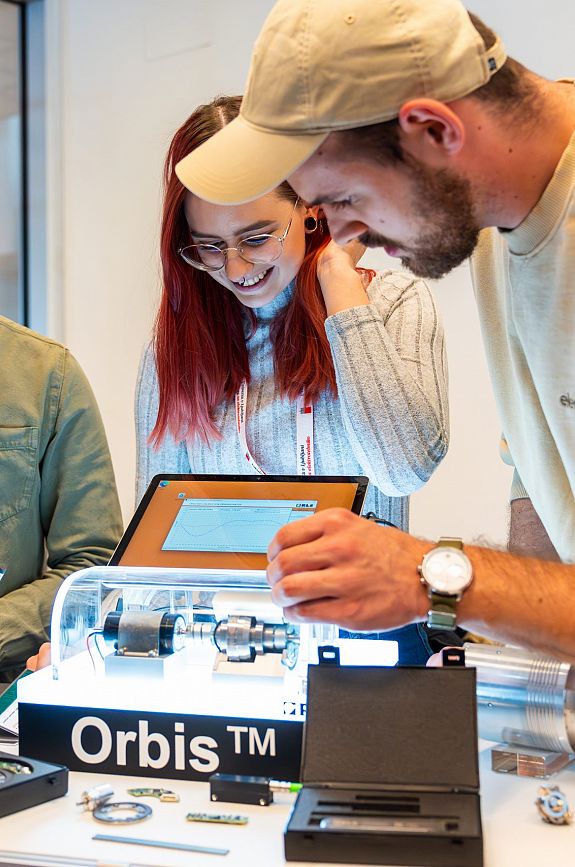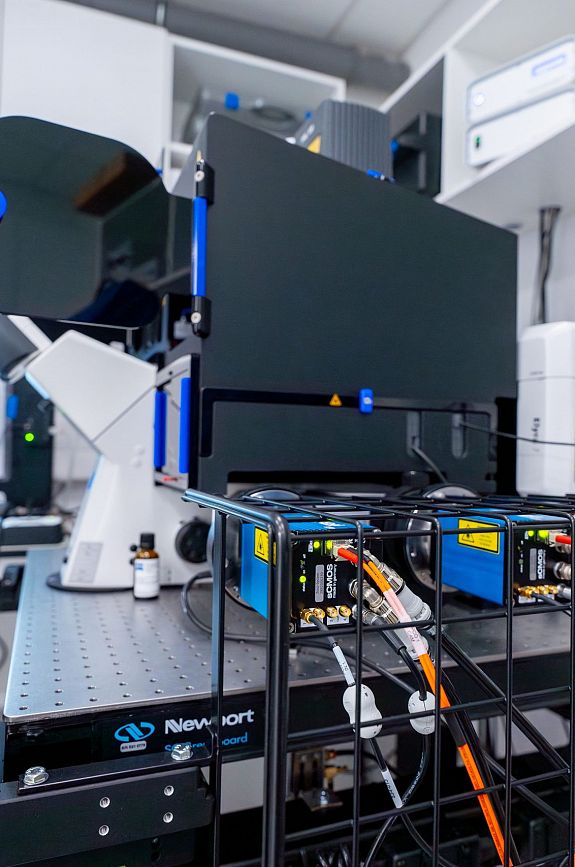[IKTINFO] Karspersky predicts cybercrime will be even more aggressive this year
Date of publication: 27.2.2023Cloud and virtualisation technologies will be targeted even more frequently in 2023, Kaspersky predicts. This is because businesses often move some of their data and operations to the cloud, using services from partners that may not be well configured or contain vulnerabilities that attackers can exploit. Data leakage will continue to grow in 2023, probably with isolated incidents similar to the data theft of millions of WhatsApp users and more than 200 million Twitter users this year. While email attacks are set to escalate this year, Kaspersky advises companies to prevent employees from using corporate email addresses for non-professional services, to require the use of different passwords for different accounts, to introduce two-factor authentication for all applications that allow it, and to educate employees about cyber security. In 2022, the supply and use of malicious email as a service (MaaS) has soared, and this will continue this year. This will further expand cybercrime to include criminals with less knowledge, while increasing the number of variations and thus the complexity of attacks, which will reduce the effectiveness of automated security systems.
More information More information
The economy, manufacturing, education and other sectors have been subject to increased pressures and changes in recent years as a result of the pandemic and the measures taken to contain it, as well as the Russia-Ukraine war, as confirmed by various surveys and analyses. The Information and Communication Technologies (ICT) sector is also exposed to similar changes, but at the same time it is able to monitor, assess and control changes not only in its own sector but also in all other sectors, which has been a valuable help to all of them in recent years.
ICT helps businesses and institutions in all industries to organise work, adapt operations, streamline operations, process data, evaluate results, predict trends and discover new opportunities. And they enable schools and universities to implement hybrid forms of teaching and meaningful digitisation of learning processes.
This is why we have decided to publish regular summaries of information, assessments, analyses and studies by research and analyst companies that can help everyone to better monitor, learn about and understand changes and trends and to adapt more successfully to the new ICT era.
In preparation: Chair for Information and Communication Technologies in collaboration with Esad Jakupović





